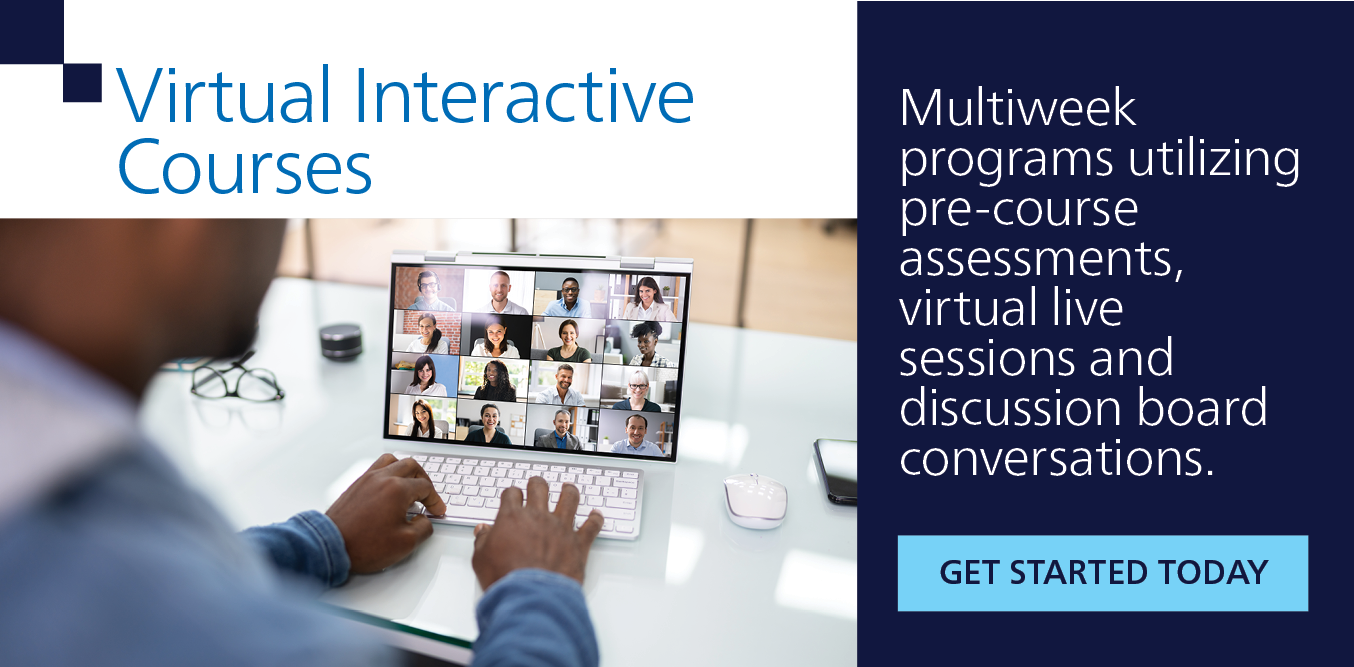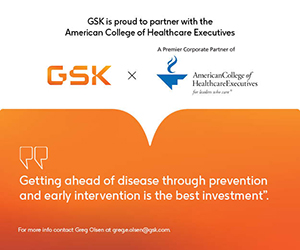
- JHM Spotlights Maternal Mortality and Information Asymmetry
- Mentor/Mentee Relationships Offer Reciprocal Benefits
- Run for Regent: An Opportunity to Serve
JHM Spotlights Maternal Mortality and Information Asymmetry
Maternal mortality rates in the U.S. far exceed those of other developed nations—a healthcare crisis that is disproportionately affecting populations, including Black women and women living in rural communities.
Tanéha Fincher, graduate student at Baylor University, Waco, Texas, and winner of the graduate division of the 2025 Richard J. Stull Student Essay Competition in Healthcare Management, addresses this critical issue in her essay “MEND the Divide: A Pathway to Equitable Maternal Care in the United States,” which was published in the July/August issue of the Journal of Healthcare Management.
Fincher presents the MEND framework as a strategic solution and offers a comprehensive approach for integrating culturally competent care models, equity-driven Medicaid policies, extended postpartum care and robust cross-sector collaboration.
Fincher underscores the importance of targeted policy reform and systemic collaboration, effectively linking technological innovations with equitable healthcare practices.
Also in this issue, Jayson Cooley, student at the University of Maryland Global Campus, Adelphi, and winner of the undergraduate division of the Stull Essay Competition, introduces an innovative solution to patient-provider information asymmetry in his essay “Addressing Information Asymmetry in Healthcare Through AI-Enhanced Patient Education.”
Cooley proposes an AI-enhanced patient education platform that streamlines communication, improves patient comprehension and addresses equity concerns. By integrating AI technologies with existing telehealth infrastructure, this model promises measurable improvements in patient outcomes, reduced healthcare costs and diminished clinician burnout.
Read more in the current issue of JHM.
Mentor/Mentee Relationships Offer Reciprocal Benefits
While mentoring relationships often focus on the growth of the mentee, most connections are mutually beneficial. Mentors benefit by staying attuned to issues across the career continuum, exercising leadership skills and strengthening interpersonal and coaching competencies beyond their organization. Mentees, on the other hand, have the chance to clarify long-term career goals, enhance executive presence or sharpen their leadership skills.
“I've enjoyed mentoring … because it has given me the chance to share my knowledge and expertise to make a positive impact,” says Kenneth Wong, FACHE, healthcare consultant and adjunct faculty, Nova Southeastern University, Ft. Lauderdale, Fla. “The exchange of ideas and experiences during mentoring sessions cultivates a dynamic learning environment that benefits both mentor and mentee.”
An exclusive ACHE member benefit, the Leadership Mentoring Network provides strategic matching and support for successful mentor partnerships. Formal programming lasts six months, although many partnerships carry on beyond the formal timeline. Operating two cohorts per year, this mentoring network’s fall cohort application deadline is Tuesday, Sept. 30.
ACHE Fellows and healthcare leaders with a minimum of five years of experience at the director level or higher are invited to apply to become a mentor through the Leadership Mentoring Network. To learn more about the numerous benefits of becoming a mentor, read this ACHE blog post and or see this “Careers” column from Healthcare Executive.
For more information and to apply, visit the Mentor Network.
Run for Regent: An Opportunity to Serve
Any Fellow who wishes to run for election may submit an electronic letter of intent to serve on the Council of Regents, the legislative body that represents ACHE’s members.
Serving as an elected official is a unique opportunity that allows Fellows to exercise their leadership ability, share innovative ideas and support the mission of ACHE. The term begins March 2026 and ends March 2029.
View the official notice on eligibility requirements and position description before declaring your candidacy. For more information, contact Jennifer L. Connelly, FACHE, CAE, vice president, Volunteer Relations, at jconnelly@ache.org.


